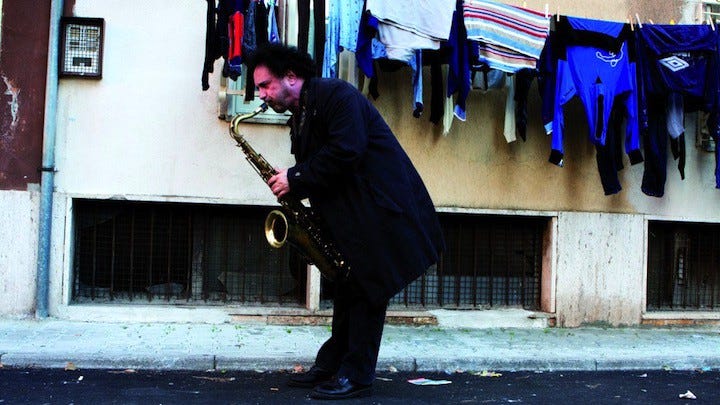‘Enzo Avitabile: Music Life’ Review

Enzo Avitabile is often credited as an Italian saxophone player. But his work is not limited by either a singular cultural heritage or the mastery of a select instrument. The title of Jonathan Demme’s latest music documentary, Enzo Avitabile: Music Life, is pointedly appropriate, as it provides a portrait of an artist whose life revolves around the expl…



